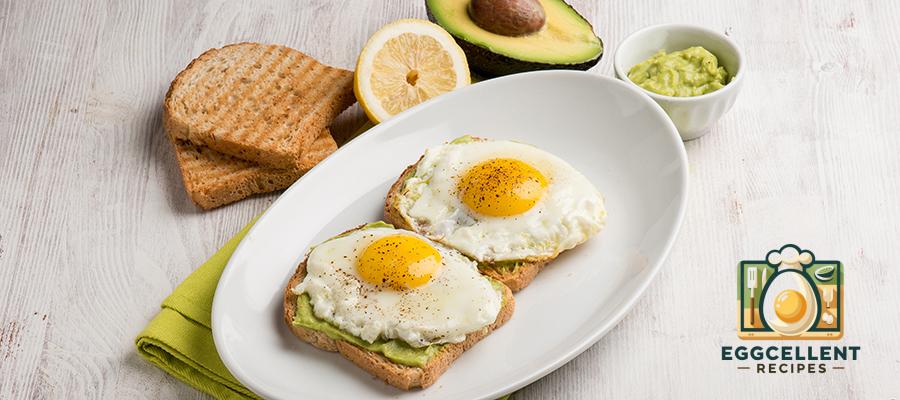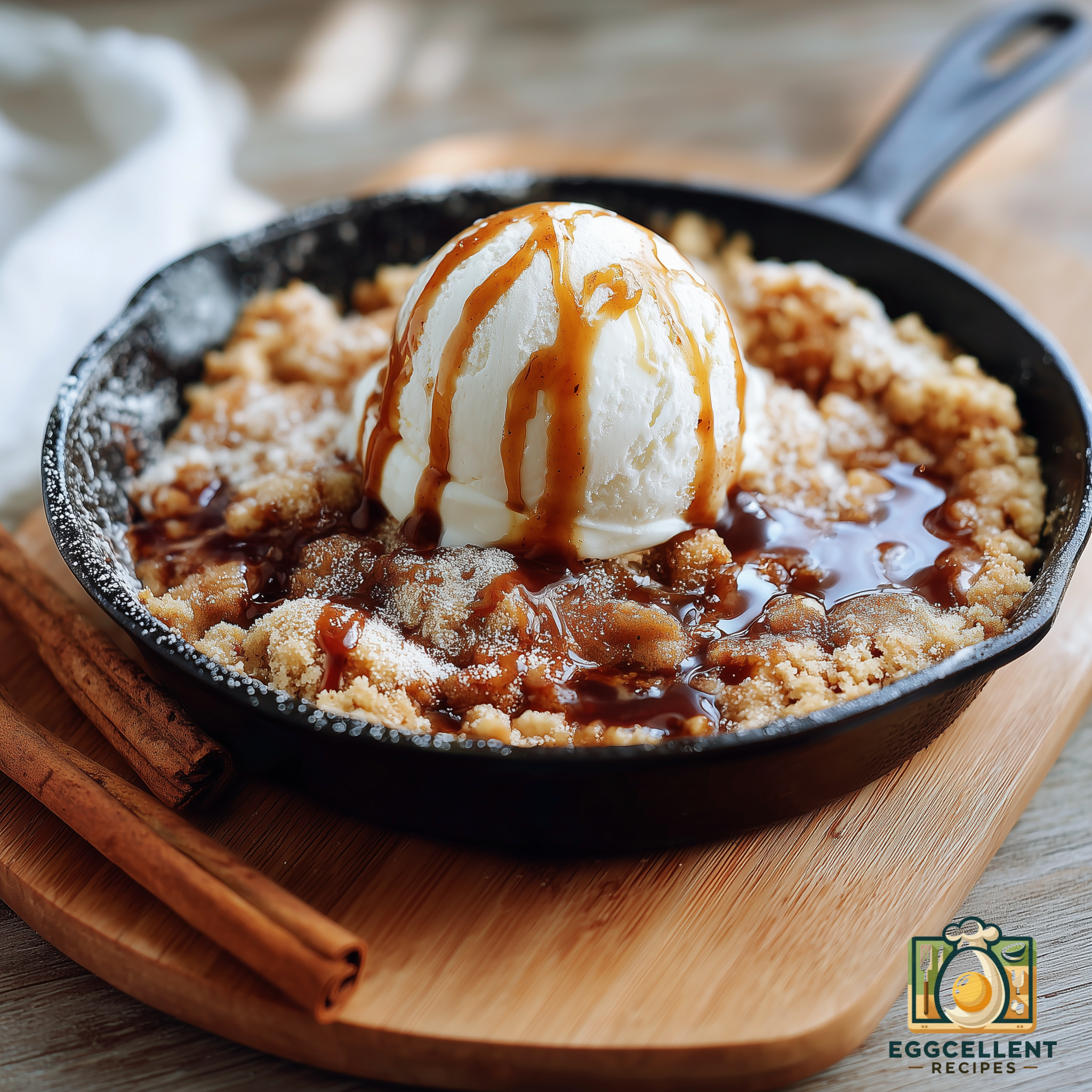
Hormones play a crucial role in maintaining overall health and well-being. They regulate everything from metabolism and energy levels to mood and reproductive health. Unfortunately, factors like stress, poor diet, and lack of sleep can throw hormones out of balance, leading to various health issues such as weight gain, fatigue, mood swings, and even skin problems. One of the best ways to support hormone balance is through a nutritious, hormone-friendly diet. In this article, we’ll explore meal ideas that can help promote healthy hormone levels and support your overall wellness.
Why Hormone Balance Matters?
Hormones are chemical messengers that help regulate important functions in the body. Key hormones like insulin, cortisol, estrogen, testosterone, and thyroid hormones impact metabolism, energy levels, mood, and reproductive health. When these hormones are out of balance, it can lead to weight gain, fatigue, digestive issues, mood disorders, and more.
A well-balanced diet that includes nutrient-dense foods can support hormone production and regulation. This includes focusing on foods that are rich in healthy fats, proteins, fiber, and essential vitamins and minerals. The following meal ideas are designed to help maintain hormonal harmony while providing delicious and satisfying meals.
Key Components of a Hormone-Balancing Diet

- Healthy Fats: Fats are essential for hormone production. Omega-3 fatty acids found in fish, flaxseeds, and walnuts help reduce inflammation and support hormone function.
- Protein: Protein-rich foods provide amino acids that support hormone synthesis and balance.
- Fiber: Fiber helps regulate insulin levels and supports healthy digestion, which is crucial for hormone detoxification.
- Antioxidants: Found in fruits and vegetables, antioxidants protect the body from oxidative stress, which can disrupt hormone balance.
- Complex Carbohydrates: Whole grains and starchy vegetables provide slow-releasing energy, helping to stabilize blood sugar levels.
Hormone-Balancing Meal Ideas
Breakfast Ideas

- Avocado and Egg Toast: Whole grain toast topped with mashed avocado, a poached egg, and a sprinkle of chia seeds for added fiber and omega-3s. Avocados are rich in monounsaturated fats, which support hormone production.
- Chia Seed Pudding with Berries: Mix chia seeds with unsweetened almond milk and let them sit overnight. Top with fresh berries and a handful of walnuts for healthy fats and antioxidants.
- Green Smoothie: Blend spinach, avocado, protein powder, flaxseeds, and almond milk for a fiber-rich, hormone-supportive start to your day. This smoothie provides essential nutrients for hormone synthesis and regulation.
Lunch Ideas

- Quinoa Salad with Grilled Chicken: Combine cooked quinoa, grilled chicken breast, mixed greens, cucumbers, and a lemon-olive oil dressing. Quinoa is rich in fiber and contains all nine essential amino acids, which help with hormone production.
- Lentil and Veggie Soup: A hearty soup made with lentils, carrots, celery, garlic, and turmeric. Lentils provide plant-based protein and are high in fiber, which supports healthy digestion and helps regulate insulin levels.
- Turkey and Avocado Lettuce Wraps: Wrap turkey slices, avocado, and hummus in large romaine lettuce leaves. This meal is packed with healthy fats, protein, and fiber, supporting stable blood sugar and hormone balance.
Dinner Ideas

- Grilled Salmon with Roasted Vegetables: Salmon is a rich source of omega-3 fatty acids, which support hormone function and reduce inflammation. Serve with a side of roasted vegetables like broccoli, sweet potatoes, and Brussels sprouts.
- Stuffed Bell Peppers: Fill bell peppers with a mixture of ground turkey, quinoa, onions, and spinach. This dish is full of protein, fiber, and essential vitamins that support hormone health.
- Stir-Fried Tofu with Vegetables: Sauté tofu with a variety of colorful vegetables (such as bell peppers, carrots, and snap peas) in coconut oil. Tofu is a great source of plant-based protein, and coconut oil contains healthy fats that support hormone regulation.
Snack Ideas

- Almonds and Dark Chocolate: A handful of almonds paired with a small square of dark chocolate provides a satisfying and hormone-supportive snack. Almonds are rich in magnesium, which helps regulate cortisol levels.
- Greek Yogurt with Flaxseeds: Greek yogurt is a good source of protein and probiotics, which aid in gut health. Flaxseeds provide fiber and lignans that support estrogen metabolism.
- Hard-Boiled Eggs and Veggies: Eggs are a fantastic source of protein and contain essential nutrients like vitamin D, which plays a role in hormone balance. Pair with raw veggies like carrots and cucumber for added fiber.
Dessert Idea

- Baked Apples with Cinnamon and Walnuts: Core and bake apples, then sprinkle with cinnamon and chopped walnuts. This dessert provides fiber, healthy fats, and antioxidants, which help regulate blood sugar and support hormone health.
Additional Tips for Supporting Hormone Balance
- Manage Stress: Chronic stress can lead to elevated cortisol levels, which can disrupt other hormones. Practice mindfulness, yoga, or deep breathing exercises to help manage stress.
- Stay Hydrated: Drinking enough water supports overall health, including hormone balance. Aim for at least 8 glasses of water per day.
- Get Enough Sleep: Poor sleep can negatively impact hormones like cortisol and insulin. Aim for 7-9 hours of quality sleep each night.
- Avoid Processed Foods: Processed foods and refined sugars can cause blood sugar spikes and hormone imbalances. Focus on whole, unprocessed foods for optimal health.
Balancing hormones through diet is all about incorporating the right nutrients to support your body’s natural processes. These meal ideas are packed with the proteins, healthy fats, and fiber needed to maintain stable hormone levels. By nourishing your body with these hormone-balancing meals and adopting healthy lifestyle habits, you can improve your energy, mood, and overall health.






